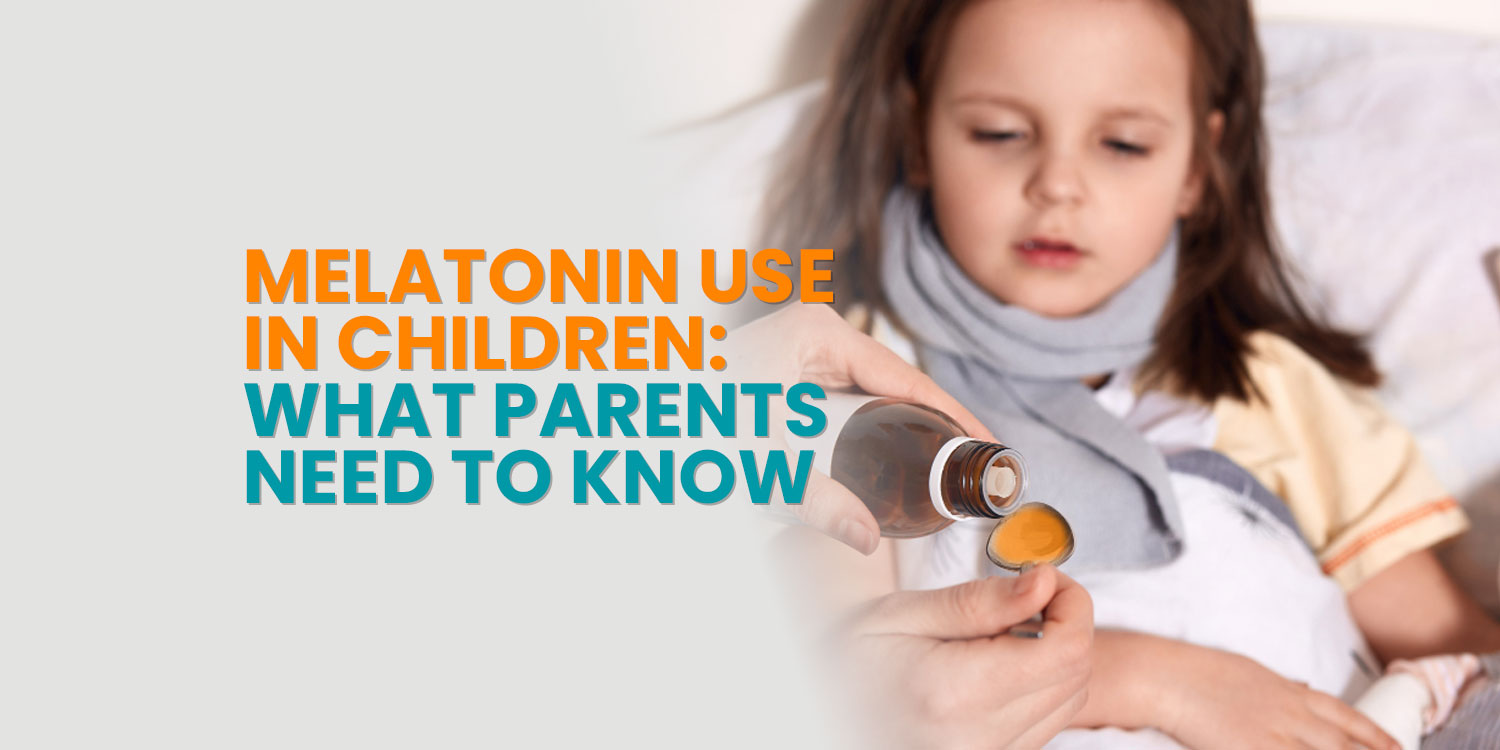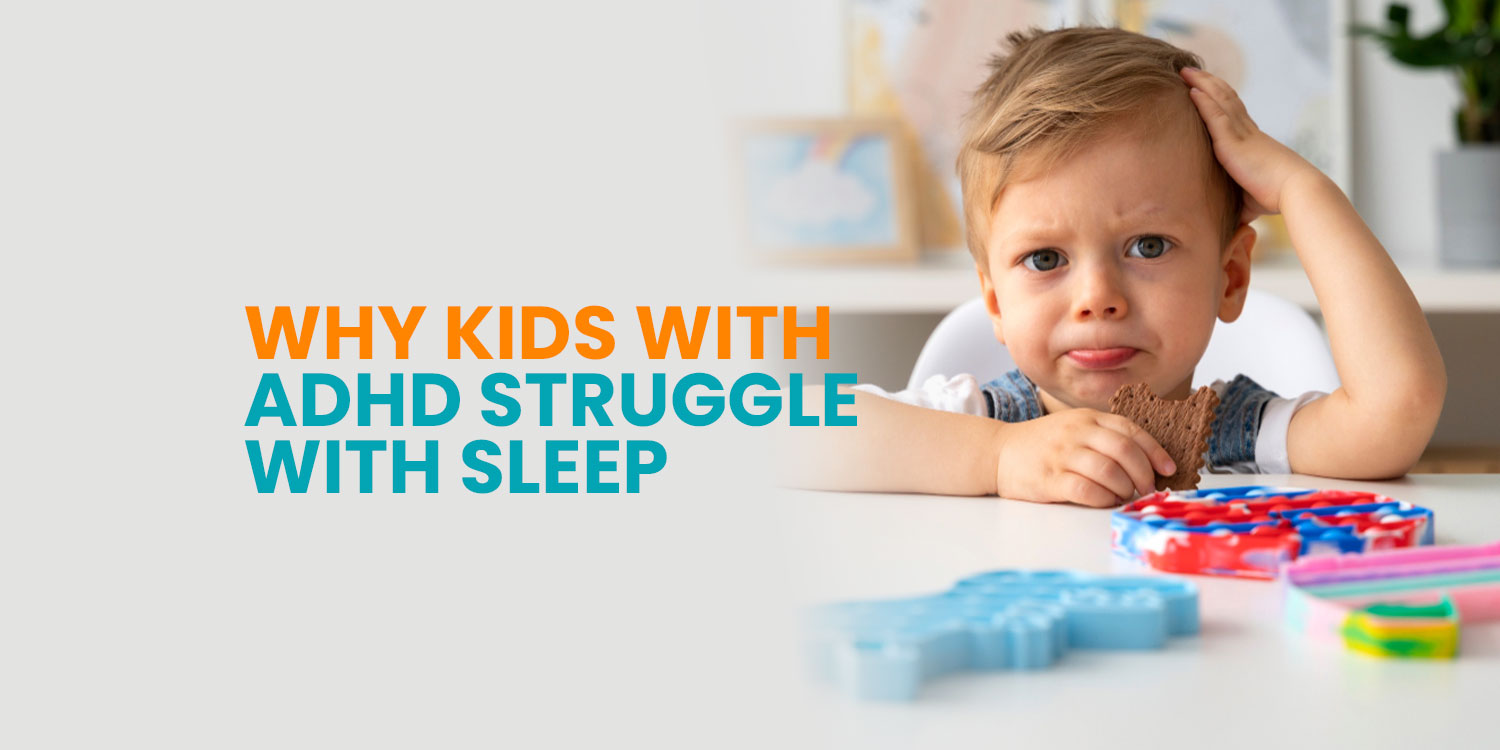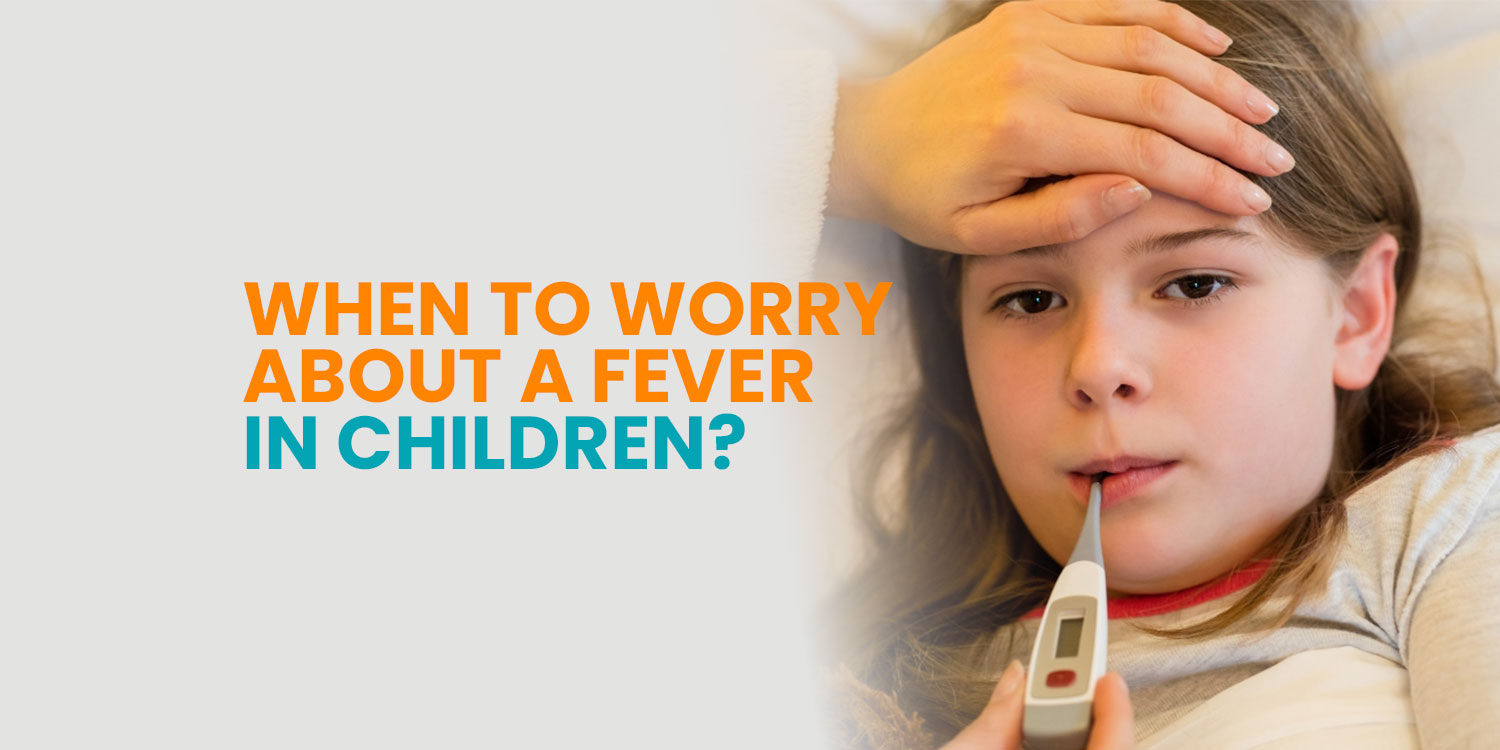Melatonin Use in Children: What Parents Need to Know
Sleep is essential for a child’s growth, development, and overall well-being. But for many parents, bedtime can be a daily struggle, with kids tossing, turning, and resisting sleep long past bedtime. As a result, more families are turning to melatonin supplements to help their children fall asleep. But is melatonin safe for kids? How should it be used? And what are the potential risks?
Let’s break it down.
What is Melatonin?
Melatonin is a hormone naturally produced by the pineal gland in the brain. It plays a critical role in regulating the body’s sleep-wake cycle, also known as the circadian rhythm. Melatonin levels typically rise in the evening as it gets dark, signaling the body that it’s time to sleep.
Synthetic melatonin, available in tablet, gummy, or liquid form, is a commonly used over-the-counter supplement for sleep disturbances.
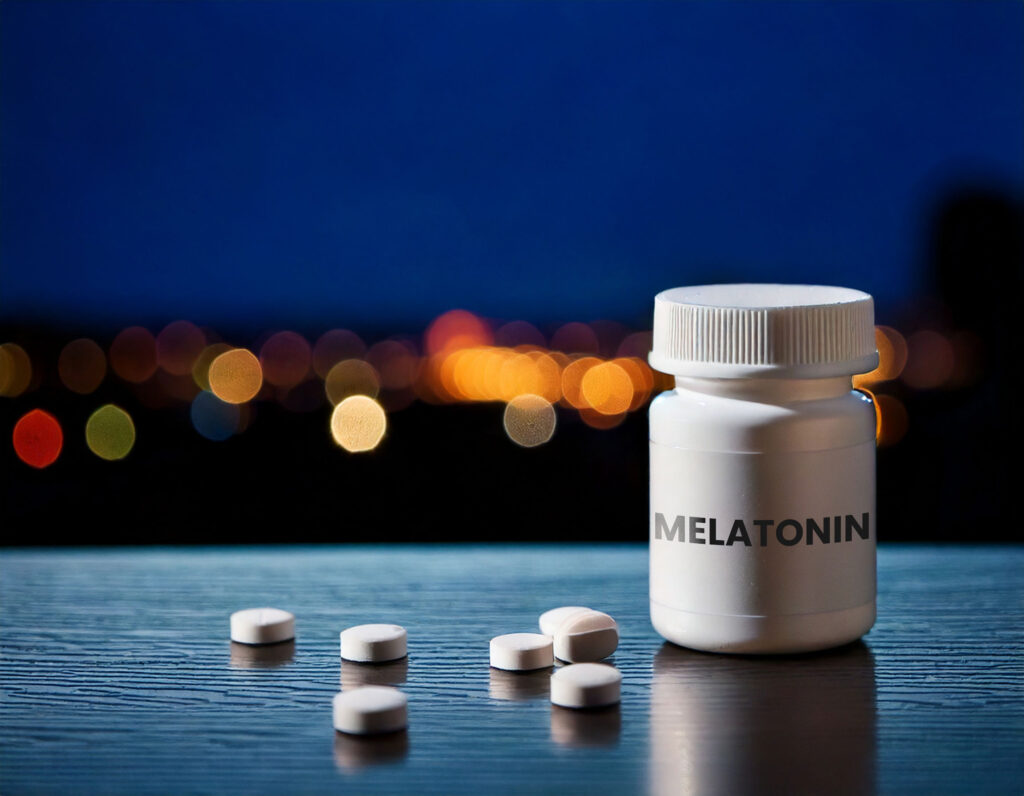
When is Melatonin Used in Children?
Melatonin may be helpful in children who:
- Have insomnia or delayed sleep phase syndrome
- Experience sleep issues related to ADHD or autism spectrum disorder (ASD)
- Are adjusting to changes in routine, such as travel or daylight saving time
- Have difficulty falling asleep on their own
It is not usually recommended for children who wake up frequently during the night or have sleep apnea, night terrors, or behavioral insomnia caused by poor sleep habits.

Is Melatonin Safe for Children?
Short-term use of melatonin is generally considered safe in children. However, melatonin is a hormone, and there are still many unanswered questions about its long-term effects on development, puberty, and hormonal balance in growing children.
Some studies have shown that melatonin can reduce the time it takes children to fall asleep by 15–30 minutes, but it’s not a cure-all. More importantly, sleep problems in kids are often behavioral and may be better managed through non-drug strategies.
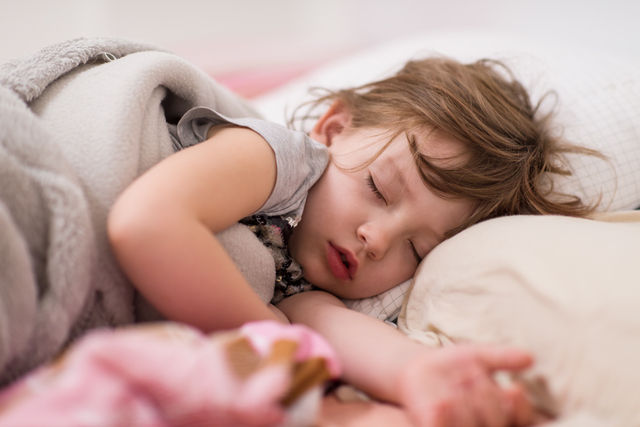
How Much Melatonin is Appropriate?
Doses for children are typically 0.5 mg to 3 mg, taken 30 to 60 minutes before bedtime. Higher doses are not usually more effective and may increase the risk of side effects like:
- Morning drowsiness
- Headaches
- Bedwetting
- Vivid dreams or nightmares
- Irritability or mood changes
Always consult a healthcare provider before starting melatonin in a child, especially if they are taking other medications.

Important Considerations for Parents
- Address sleep hygiene first: Keep a consistent bedtime, avoid screens before bed, and create a calming bedtime routine.
- Avoid long-term use unless directed by a healthcare provider.
- Choose child-friendly formulations with accurate dosing.
Buy from reputable brands: Melatonin is not regulated like a prescription drug, so quality can vary.
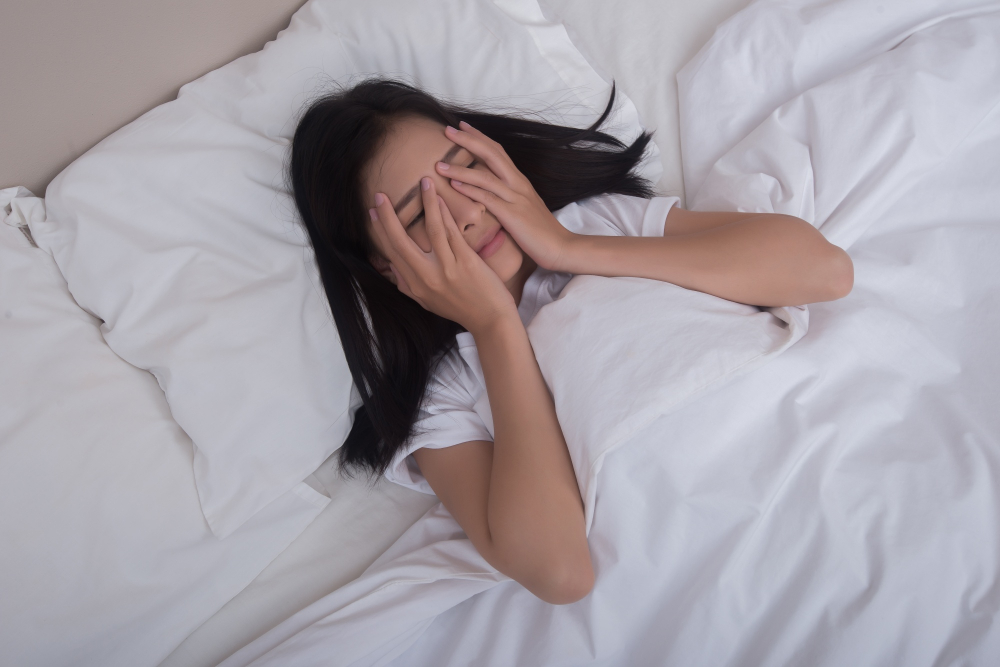
Final Thoughts
Melatonin can be a helpful tool for children struggling to fall asleep, especially in cases involving ADHD or autism. But it’s not a substitute for good sleep habits or a magic fix. It should be used cautiously, in the lowest effective dose, and ideally under the guidance of a healthcare professional.
If your child is having persistent sleep difficulties, talk to your doctor or pharmacist. There may be underlying issues worth exploring—and solutions that don’t involve a pill.
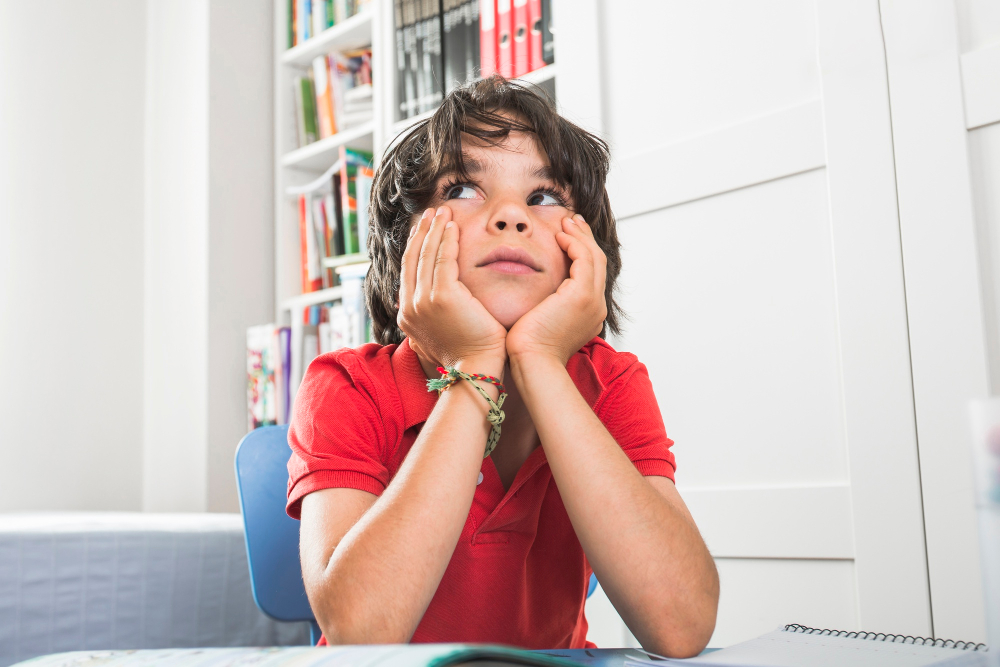
References
References

